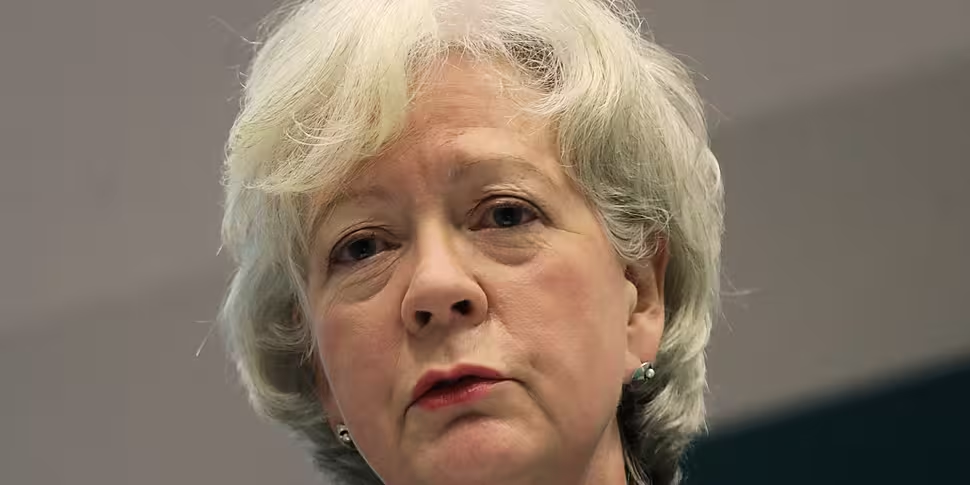The chair of the National Immunisation Advisory Committee has suggested changes to the timeframe between first and second doses of the coronavirus vaccine could see more people get the jab in the interim.
It comes as people who receive the first dose of their vaccine from Monday will wait an extra week for their second dose.
The Health Service Executive (HSE) plans to give people a second dose of the vaccine 28 days after the first - instead of 21 days - which it says follows recommendations from the World Health Organisation (WHO) and the National Immunisation Advisory Committee.
The change will apply to anyone receiving their first dose from Monday onwards, with the HSE saying it will allow them 'maximise our resources and vaccinate more people' as supplies arrive into the country.
A 21-day gap between jabs will continue to apply to anyone who has received their first dose already.
Professor Karina Butler is chair of the National Immunisation Advisory Committee.
She said in the initial clinical studies of the vaccine, the trial schedule suggested people get it at a 21-day interval.
But she told The Hard Shoulder there is always leeway in these situations.
"What happened was 98% of people got it within 23 days - and in fact the interval allowed up to 42 days, but not many people were extended out that long".
"WHO and their advisory group SAGE looked at it, looked at the evidence and given that most people had had it up to that 23 days it felt that it was very reasonable to allow a window that was up to 28 days for normal use."
"And the way the EMA have written this is that it would be given at least 21 days after the first dose".
She said this would potentially allow for an extra weeks' worth of people to be vaccinated.
"It would potentially allow for one extra weeks' cohort of people to get vaccinated as you schedule from the 21 to the 28 days".
'Harmonises with Moderna'
She said this also ties in with the Moderna drug, which has been authorised here.
"As it happens, that harmonises with the recommendations for the Moderna vaccine."
"So if you're thinking of trying to operate schedules from a logistical point of view, it would be much better... if all people could be scheduled for the same kind of follow up - i.e. you get your first dose and you come back four weeks later for your second dose".
Asked how hopeful she is of the AstraZeneca vaccine coming on stream, she said: "I would be very optimistic, and hopefully it will be the case.
"I don't think there have been any concerns around safety data".
She said the AstraZeneca drug would be "a big help" to the programme, as "it doesn't have the same logistical issues around storage, freezer capacity and those issues".
In terms of the vaccine queue, she said GPs will play a pivotal role.
"One of the things I hear back from the GPs very much is that the GPs know their patients.
"The GPs I think have been far ahead of many in terms of their electronic systems, and knowing their patients and having an awareness of what categories for their patients.
"So I think the GPs will be far ahead of us all in being able to do this".









